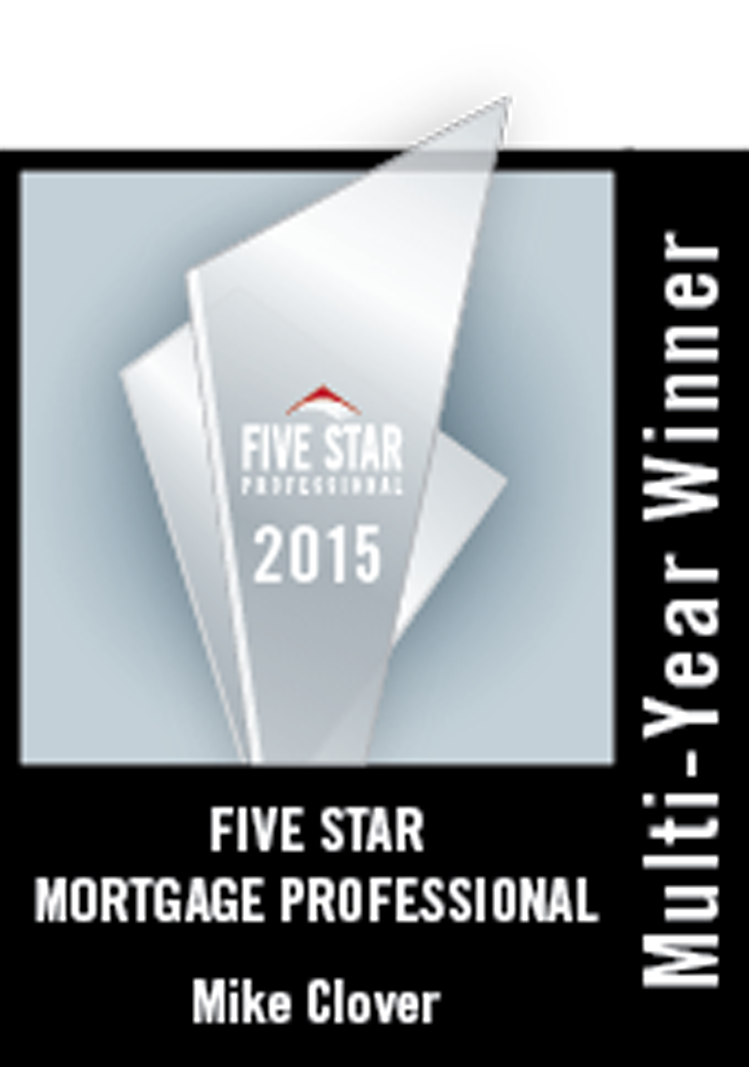The American Dream has long been that of home ownership. It makes you feel settled, and a part of a community. It gives you pride in ownership.
But still, purchasing a home is not a decision to be made lightly, and it’s not a decision to be made if you’re heavily in debt.
In fact, financial guru David Ramsey believes that you should not only be out of debt, you should have a hefty emergency fund set aside. And… if you simply can’t wait long enough to pay cash, you should at least wait until you can pay 20% down.
That’s why our rule #1 is: Make the largest down payment you possibly can.
There are no crystal balls. While the banking industry is being a bit more careful about handing out loans now that it was prior to the housing crash, and while prices are now escalating, home values could drop.
If you purchased a $200,000 home with a 3% down payment and the market suddenly dropped by 20% – or even 10% – you’d be instantly under water. If you needed to move, you’d owe far more than the house would bring.
If you paid 10% or 20% down – or paid cash – you’d be in a much better position.
Lesson #2: Never spend all you can.
Because your lender only knows about the obligations you put on paper, he or she has no idea what your budget really looks like. You may have personal obligations, such as a promise to help support an elderly relative. You may feel that you actually need a skiing vacation each winter in order to re-charge and keep working. You may have children who just “have” to attend an expensive summer camp each year.
In addition, if you and your spouse both work, consider what would happen should one of you become ill or lose your job. Could you make a house payment on just one income?
Before you commit to a monthly payment just because a lender says you qualify, go over your own spending and make your own decision about how much you can spend. A good rule of thumb is to keep your mortgage payment below 25% of your monthly take-home pay.
Lesson #3: Stick with a fixed-rate mortgage.
The foreclosure crisis was due in large part to Adjustable Rate Mortgages (ARM’s) that let buyers in with low interest and low payments for a few years. Then, the rates adjusted, monthly payments skyrocketed, and the buyers were unable to make the payments.
Led by promises of refinance, they didn’t worry going in. But when those homes were no longer worth the mortgage balance, all hopes of refinance went out the window.
When you have a fixed rate mortgage, there are no surprises. Aside from changes in property taxes and insurance premiums, the payment can’t change for the life of the loan. Hopefully, your income will grow over time and the payments will become easier and easier to meet.
15-year mortgages offer lower interest rates than 30-year mortgages, but may strain your budget. However, there’s nothing to prevent you from adding a few extra dollars to each mortgage payment in order to bring the balance down faster – and thus reduce the total interest you’ll pay.
Lesson #4: Think ahead.
Buying a starter home in order to build equity so you can move up in a few years is a good plan, but do consider that you may be there longer than you anticipated. Another down turn in the market could wipe out that equity.
With that in mind:
- Consider whether you and your family will still fit in the home a few years from now. Buying a 1-bedroom cottage when you plan to start a family is probably not a wise move.
- Consider whether you’ll be happy in the neighborhood long-term.
- Do hire a home inspector so you don’t get caught unawares and find yourself with major repairs in the near future.
- Consider whether the house will have good resale value. Your real estate professional can point out the pros and cons of any home you are considering.
Before you begin to shop, call on Homewood Mortgage, the Mike Clover Group, to get pre-approved for a home loan. (At the same time, do remember lesson #2.) We’ll be glad to talk with you, show you the available loan programs, and determine the interest rate you’ll be offered based on your employment, income, expenses, and credit history.
We’ll also help you determine what you should spend on your new house based on your own examination of your spending habits.
Call any time: 800-223-7409










Pingback: 웹툰 사이트
Pingback: ข่าวบอล
Pingback: bonanza178
Pingback: บริการรับจด อย
Pingback: USA Gun Shops
Pingback: xo666
Pingback: magic mushroom chocolate
Pingback: LSM99 สมัครบาคาร่า
Pingback: braip produtos mais vendidos
Pingback: ruay
Pingback: suicide bombing
Pingback: เว็บปั้มไลค์
Pingback: trustbet
Pingback: see here now
Pingback: best eft hack
Pingback: rainbow six siege esp price
Pingback: dayz exploit
Pingback: เศษผ้าขาว
Pingback: บาคาร่าเกาหลี
Pingback: หลุดโอลี่เเฟน
Pingback: Scuba diving koh tao
Pingback: pk789
Pingback: โบท็อกราคา
Pingback: jebjeed888
Pingback: ทางเข้าpg
Pingback: pgslot168
Pingback: blackjack เกมพนันไพ่ ยอดฮิต
Pingback: tropix disposable thc vape disposable thc vape
Pingback: ufabet789
Pingback: healthy lifestyle
Pingback: สล็อตเว็บตรง แจกสูตรลับแตกยับ ยิ่งปั่นยิ่งได้เงิน
Pingback: แทงบอลสูงต่ำ คืออะไร เลือกเล่นยังไง
Pingback: รับเขียนแบบบ้าน
Pingback: บาคาร่า All
Pingback: Aviator